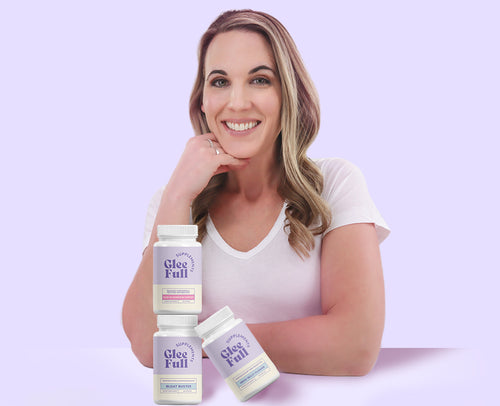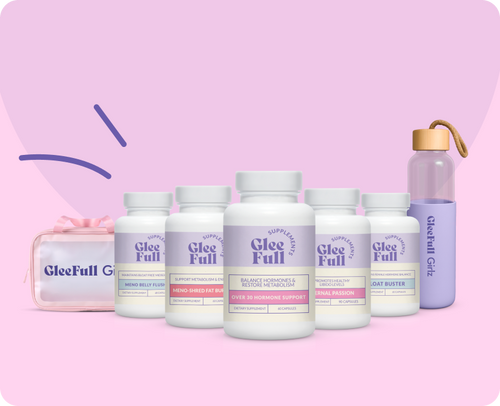Aching joints. Stiffness. Reduced mobility. These are just some of the unwelcome companions that can arrive alongside menopause for many women. Experiencing menopause joint pain is a common complaint, affecting over 50% of women going through this transition. At Gleeful Supplements, we understand the frustration and discomfort joint pain can cause. This guide will explore the reasons behind menopause joint pain and offer various strategies to find menopause joint relief.
Understanding the Link Between Menopause and Joint Pain:
As women enter menopause, their estrogen levels naturally decline. Estrogen plays a vital role in maintaining healthy bones and joints. This decrease in estrogen can contribute to several factors that lead to joint pain during menopause:
- Reduced Cartilage Production: Estrogen stimulates the production of cartilage, the cushioning material between your joints. With lower estrogen levels, cartilage production may decrease, leading to a breakdown of cartilage and increased friction within the joint.
- Increased Inflammation: Estrogen has anti-inflammatory properties. Reduced estrogen can lead to increased inflammation in the body, including the joints, causing pain and stiffness.
- Bone Loss: Estrogen also plays a role in bone health. As estrogen levels decline, bone density can decrease, putting additional stress on your joints and making them more susceptible to pain.
- Muscle Loss: Women naturally experience some muscle loss with age. However, declining estrogen levels can accelerate this process. Weakened muscles offer less support and stability to your joints, increasing pain and making movement more difficult.
Types of Menopause Joint Pain:
- Osteoarthritis: This is the most common type of arthritis, leading to the wear and tear of cartilage. It can affect any joint but commonly impacts the knees, hips, and hands.
- Rheumatoid Arthritis: An autoimmune disease that causes inflammation in the joints.
- Fibromyalgia: A chronic condition characterized by widespread pain, fatigue, and sleep problems. While not specific to the joints, it can contribute to menopause joint pain.
Finding Relief and Managing Menopause Joint Pain:
While there's no one-size-fits-all solution, various strategies can help manage menopause joint pain and promote mobility:
Lifestyle Modifications:
- Exercise: Regular physical activity, especially low-impact exercises like swimming or walking, can strengthen muscles, improve joint flexibility, and reduce stiffness.
- Healthy Diet: Eating a balanced diet rich in fruits, vegetables, and whole grains provides essential nutrients for joint health. Opt for omega-3 fatty acids found in fish and flaxseed, which have anti-inflammatory properties.
- Weight Management: Excess weight puts additional strain on your joints. Maintaining a healthy weight can significantly reduce joint pain.
- Sleep: Getting adequate sleep allows your body to repair and rebuild tissues, which can help minimize joint pain.
- Natural Supplements: Several natural supplements may offer menopause joint relief. Discuss with your doctor:
- Glucosamine and Chondroitin: These building blocks of cartilage may help promote cartilage health and reduce pain.
- MSM (Methylsulfonylmethane): An organic sulfur compound that may help reduce inflammation and pain.
- Curcumin: The active ingredient in turmeric, with powerful anti-inflammatory properties.
- Fish Oil: Rich in omega-3 fatty acids, which have been shown to reduce inflammation and improve joint health.
- Hormone Replacement Therapy (HRT): HRT can be an effective option for addressing various menopausal symptoms, including joint pain. However, HRT comes with potential risks and side effects. Discuss with your doctor to determine if it's right for you.
Seeking Medical Help:
If menopause joint pain is severe, persistent, or interferes with your daily activities, consult your doctor. They can diagnose the underlying cause of your pain and recommend the most appropriate treatment plan.
Experiencing menopause joint pain doesn't have to be a given. By understanding the link between menopause and joint pain, incorporating lifestyle changes, natural supplements (always discuss with your doctor), and exploring medical options when necessary, you can find relief and rediscover a life of joyful movement.
Additional Tips from Gleeful Supplements:
- Listen to your body: Know your limits and avoid activities that aggravate your joint pain.
- Warm baths or compresses: Applying heat can help loosen stiff joints and alleviate discomfort.
- Stress management: Chronic stress can worsen joint pain. Practice relaxation techniques like yoga or meditation.

 Meno-Burn Collagen
Meno-Burn Collagen
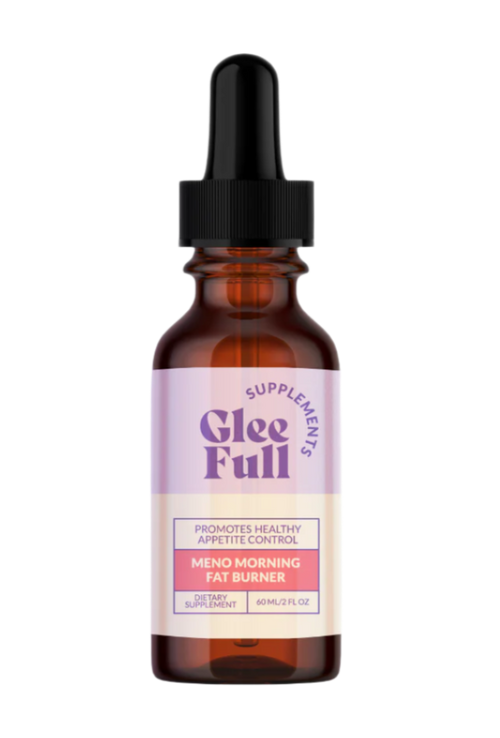 Meno Morning Fat Burner
Meno Morning Fat Burner
 Meno-Shred Fat Burner
Meno-Shred Fat Burner
 Carb Blocker
Carb Blocker
 Flat Tummy Tea
Flat Tummy Tea
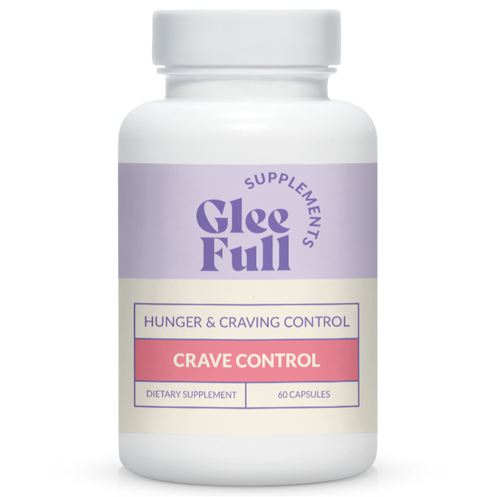 GLP-1 Crave Control
GLP-1 Crave Control
 Over 30 Hormone Support
Over 30 Hormone Support
 Over 30 Hormone Support Plus
Over 30 Hormone Support Plus
 Estro Harmony
Estro Harmony
 Adrenal Restore
Adrenal Restore
 Eternal Passion
Eternal Passion
 Thyroid Balance
Thyroid Balance
 HormoneLyte
HormoneLyte
 Post Meno Boost
Post Meno Boost
 Meno Brain Support
Meno Brain Support
 Meno Belly Flusher
Meno Belly Flusher
 Meno Gut Advanced
Meno Gut Advanced
 Bloat Buster
Bloat Buster
 Meno Belly Night Burn
Meno Belly Night Burn
 Meno Joint Relief
Meno Joint Relief
 Over 30 Multi Vitamin
Over 30 Multi Vitamin
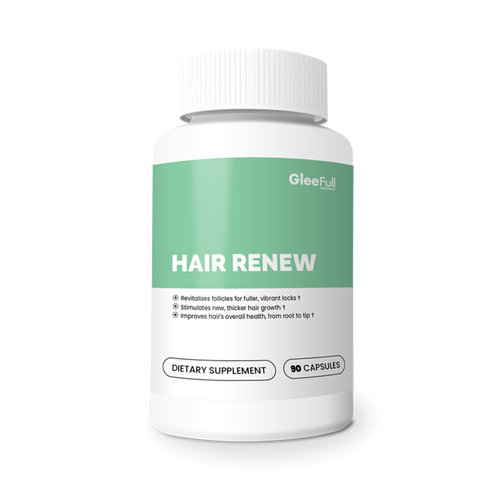 Hair Renew
Hair Renew
 Meno Gluco Control
Meno Gluco Control
 V-Rejuvenation
V-Rejuvenation
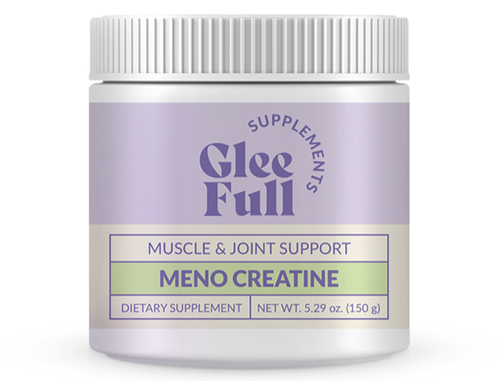 Meno Creatine
Meno Creatine
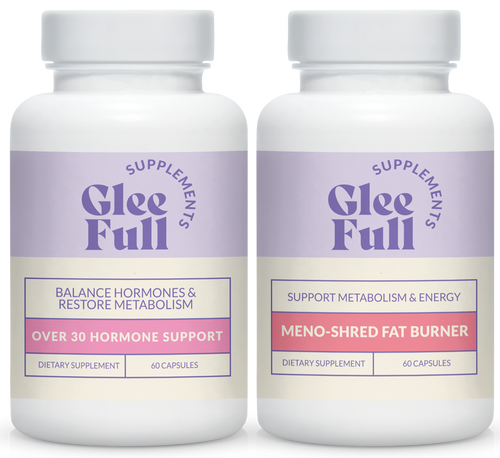 Meno-Weight Loss System
Meno-Weight Loss System
 Meno-Detox System
Meno-Detox System
 Meno Joint Support System
Meno Joint Support System
 Meno Deep Sleep System
Meno Deep Sleep System
 Meno Mood Boost System
Meno Mood Boost System
 Complete Hormone Reset Bundle
Complete Hormone Reset Bundle
 Ultra Fat Burner Bundle
Ultra Fat Burner Bundle
